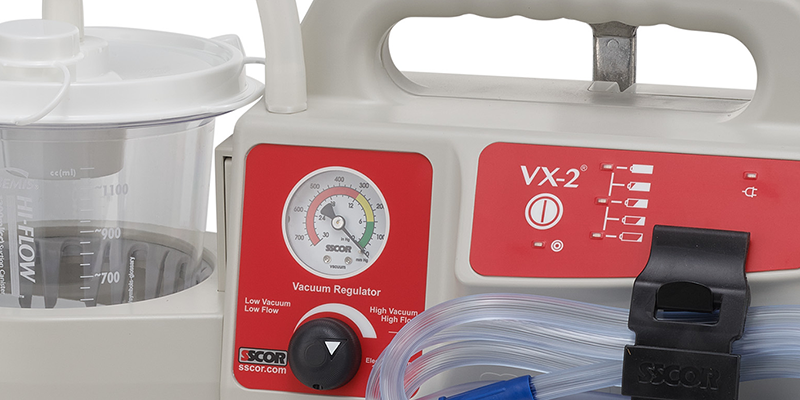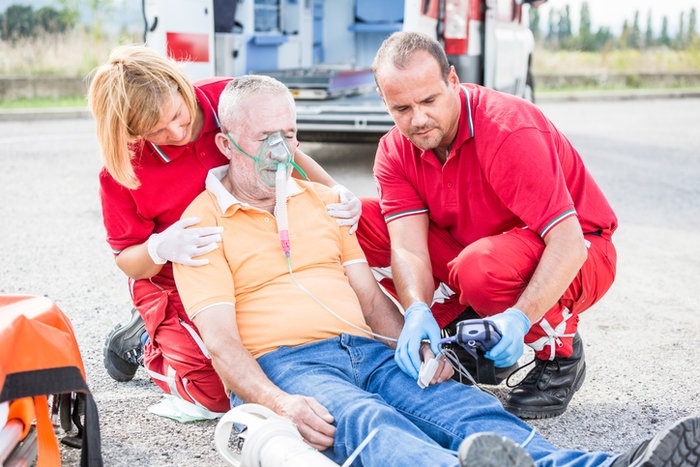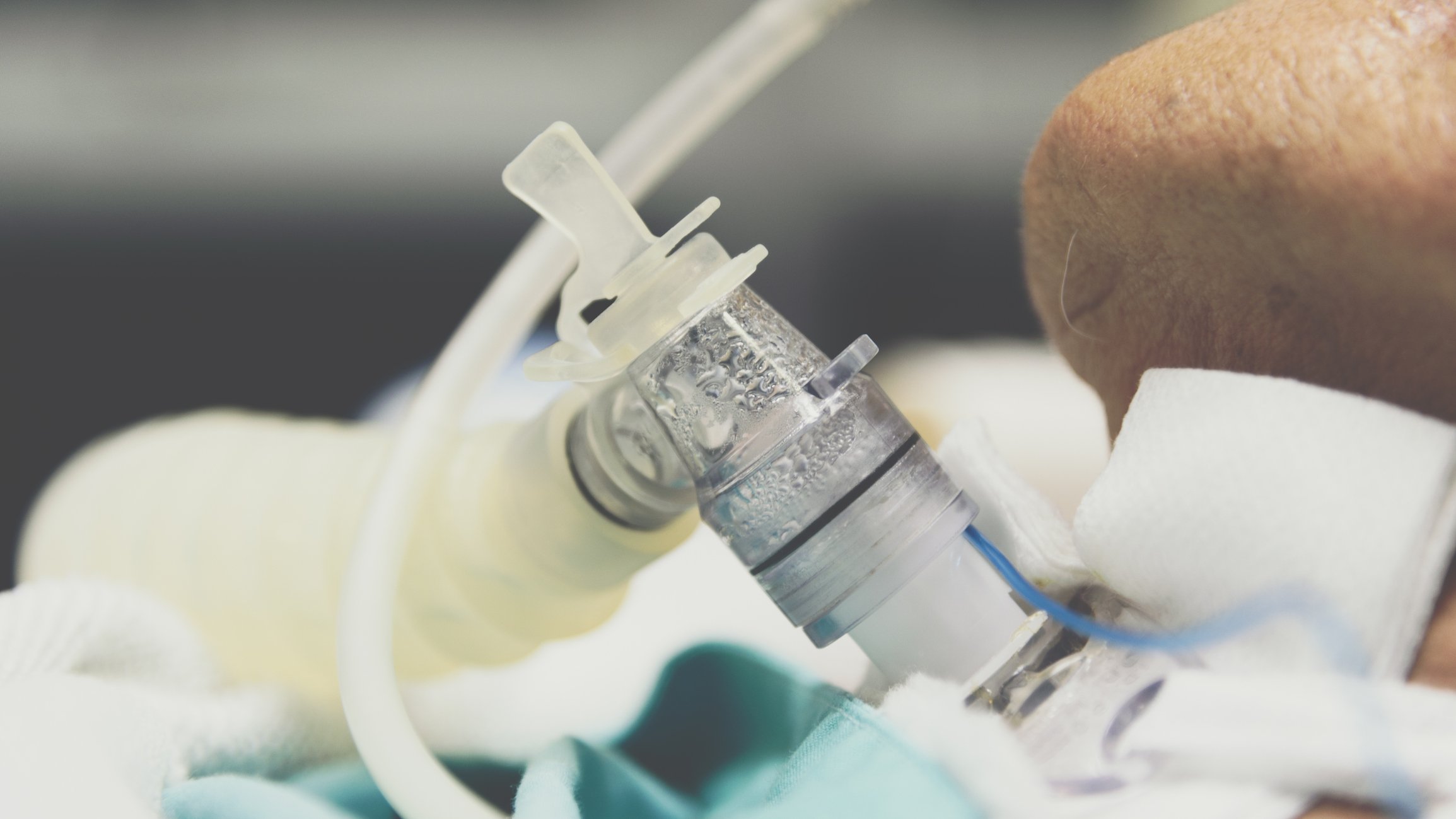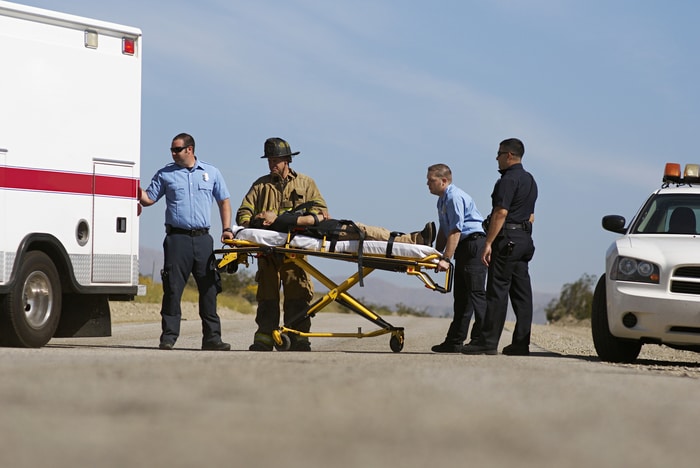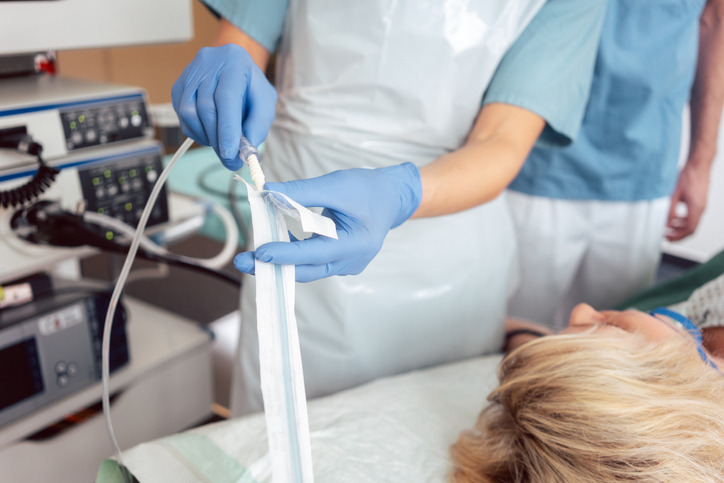Invented in 1907 by Dr. Sidney Yankauer, the Yankauer suction tip has withstood the test of time. The Yankauer suction tip was originally designed to remove blood and secretions from a patient’s oral airway during tonsillectomy procedures. Many practitioners call the Yankauer a “tonsil tip” suction device for this reason.


